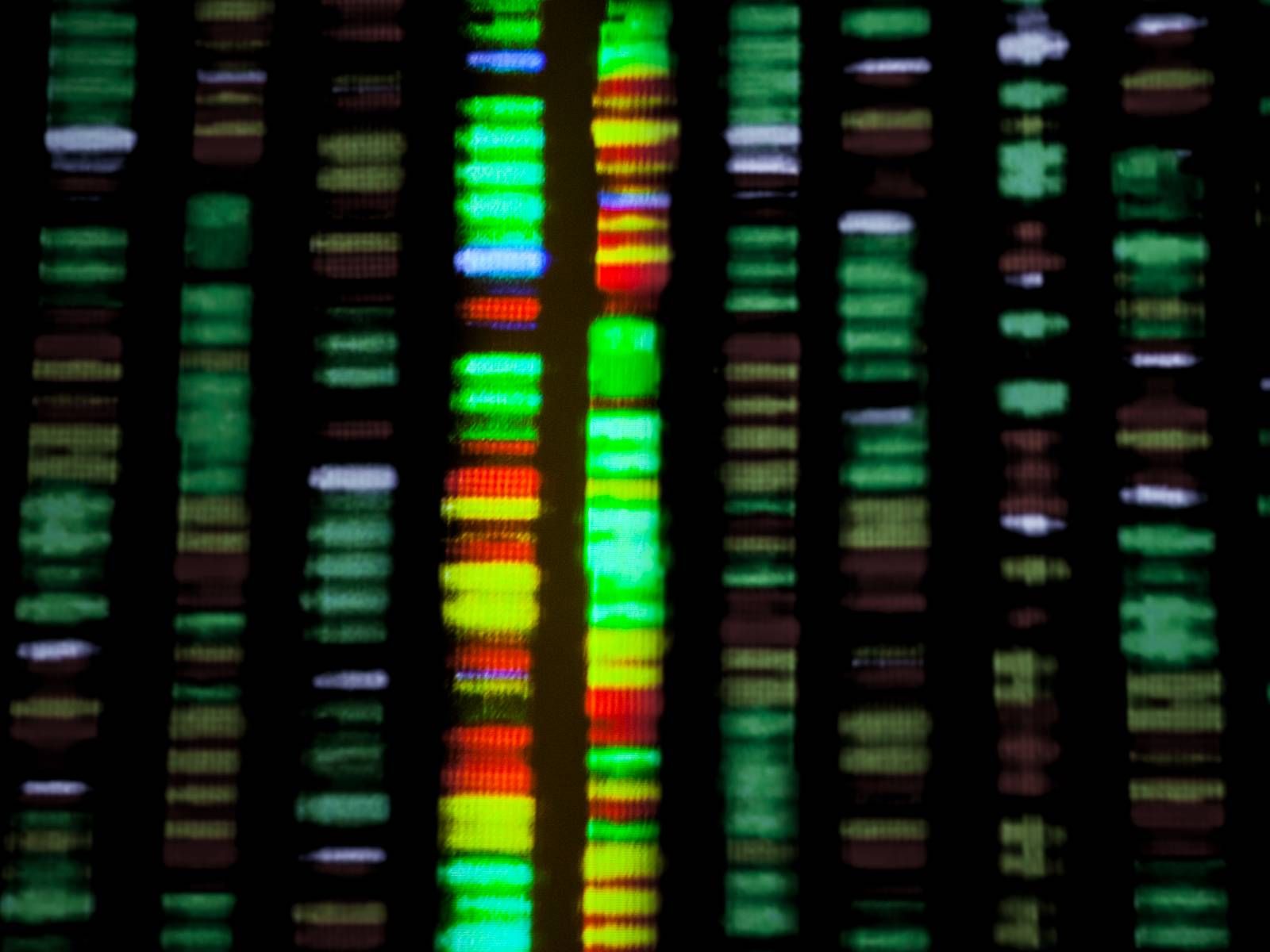researchers have found one more thing to look forward to as temperatures continue to rise around the world: more kidney stones.the study, conducted at children’s hospital of philadelphia (chop) and
published in scientific reports, found that while mitigation efforts may reduce the number of kidney stones caused by climate change, a smaller increase is still on the way even if action is taken. the research was conducted using data from south carolina, a state in the so-called “kidney stone belt” because of its high prevalence of the urological disorder.“while it is impossible to predict with certainty how future policies will slow or hasten greenhouse gas emission and anthropogenic climate change — and to know exactly what future daily temperatures will be — our analysis suggests that a warming planet will likely cause an increased burden of kidney stone disease on healthcare systems,”
said gregory e. tasian, senior author of the study and an attending pediatric urologist at chop.kidney stones develop when deposits of certain minerals present in concentrated urine form tiny crystals that can vary in size from a grain of sand to a golf ball,
according to the kidney foundation. the higher the temperature, the more people sweat and the more concentrated urine becomes. while smaller stones can pass through the urinary tract without an issue, larger ones can cause intense pain as they move from the kidney to the bladder. around 12 per cent of canadian men — and six per cent of women — will develop a kidney stone at some point in their lives, with one occurrence increasing the likelihood of another.
cases of kidney stones on the rise
the condition, which has been rising steadily over the past two decades, has long been linked to higher ambient temperatures with prevalence increasing in the u.s. the further south one travels — especially in the wake of particularly hot days.to determine the role climate change will play on south carolina’s kidney stones, the team first determined the relationship between historic daily statewide mean temperatures and kidney stone presentations between 1997 and 2014. they relied on wet-bulb temperatures (wbt) — a metric that incorporates ambient heat and humidity — and is more relevant to kidney stone production. they used this data to estimate the rate of heat-related kidney stones (and the associated costs) up to the year 2089 using a projected daily wbt under two separate climate change scenarios.the first — and more optimistic — scenario accounted for the use of interventions, such as carbon capture technology and a shift to lower-emission energy sources, that would result in a 2.3 degree c rise in mean temperature per five-year period from 2010 to 2014 to 2085 to 2089. the second scenario, which allows for the mostly uninhibited expansion of greenhouse gases, forecasts a 3.6 degree celsius increase in temperature over the same time frame.incorporating their model, the team found there would be a 2.2 per cent statewide increase in kidney stones due to heat under the first scenario and a 3.9 per cent increase under the second. using the baseline cost of us$9,000 per patient to treat the condition means that, between 2025 and 2089, the excess cost attributed to heat-produced kidney stones would fall between us$56.6 million and us$99.4-million depending on the scenario that comes to pass.“with climate change, we don’t often talk about the impact on human health, particularly when it comes to children, but a warming planet will have significant effects on human health,” tasian said. “as pediatric researchers, we have a duty to explore the burden of climate change on human health, as the children of today will be living this reality in the future.”
dave yasvinski is a writer with healthing.cathank you for your support. if you liked this story, please send it to a friend. every share counts.
 3 minute read
3 minute read









